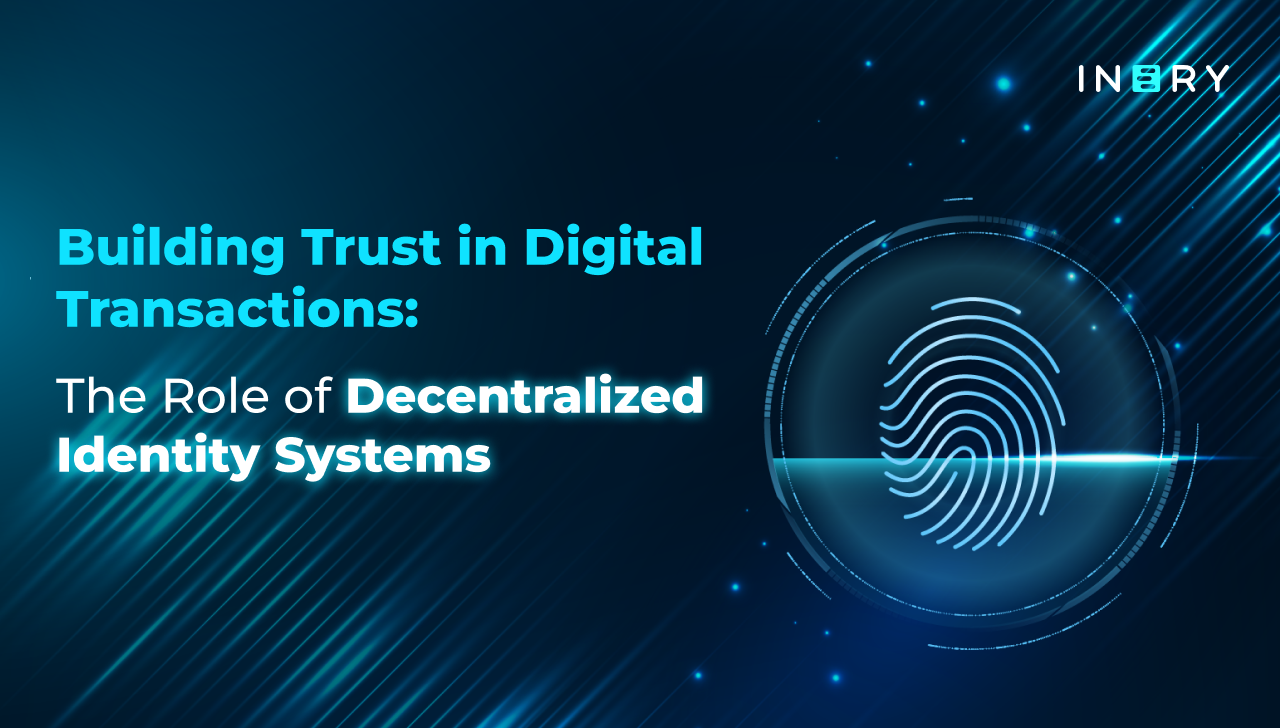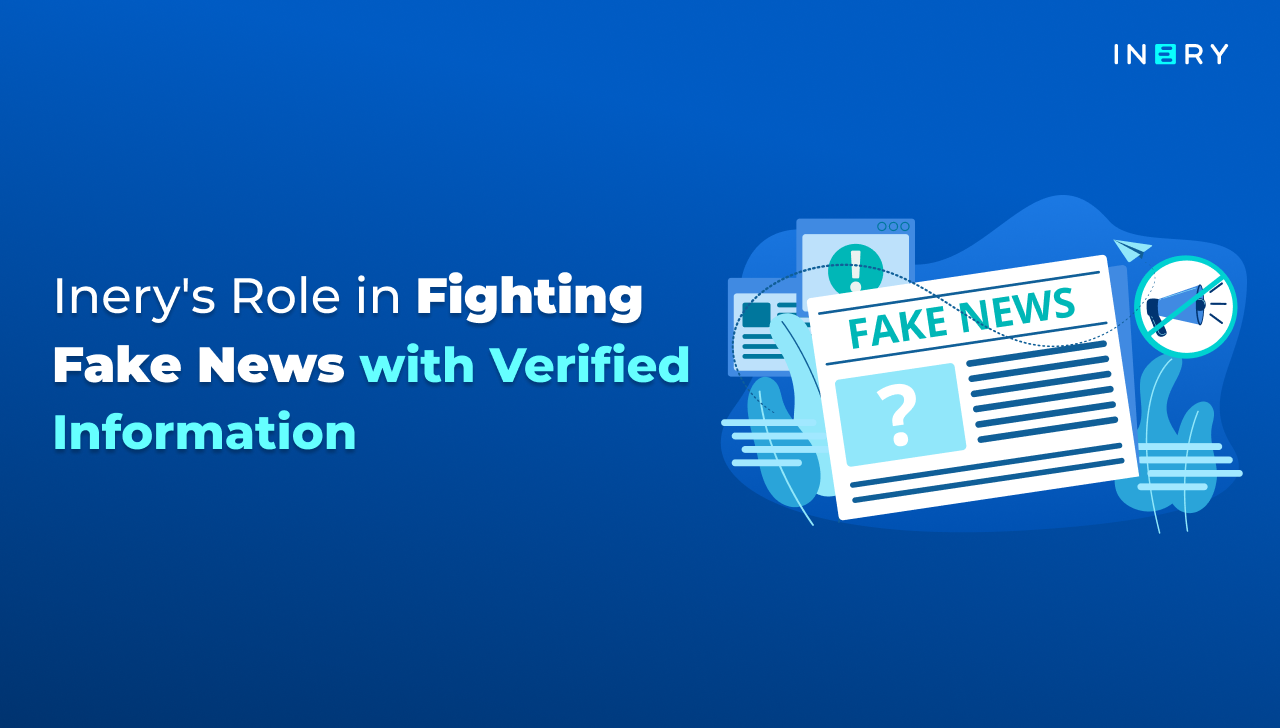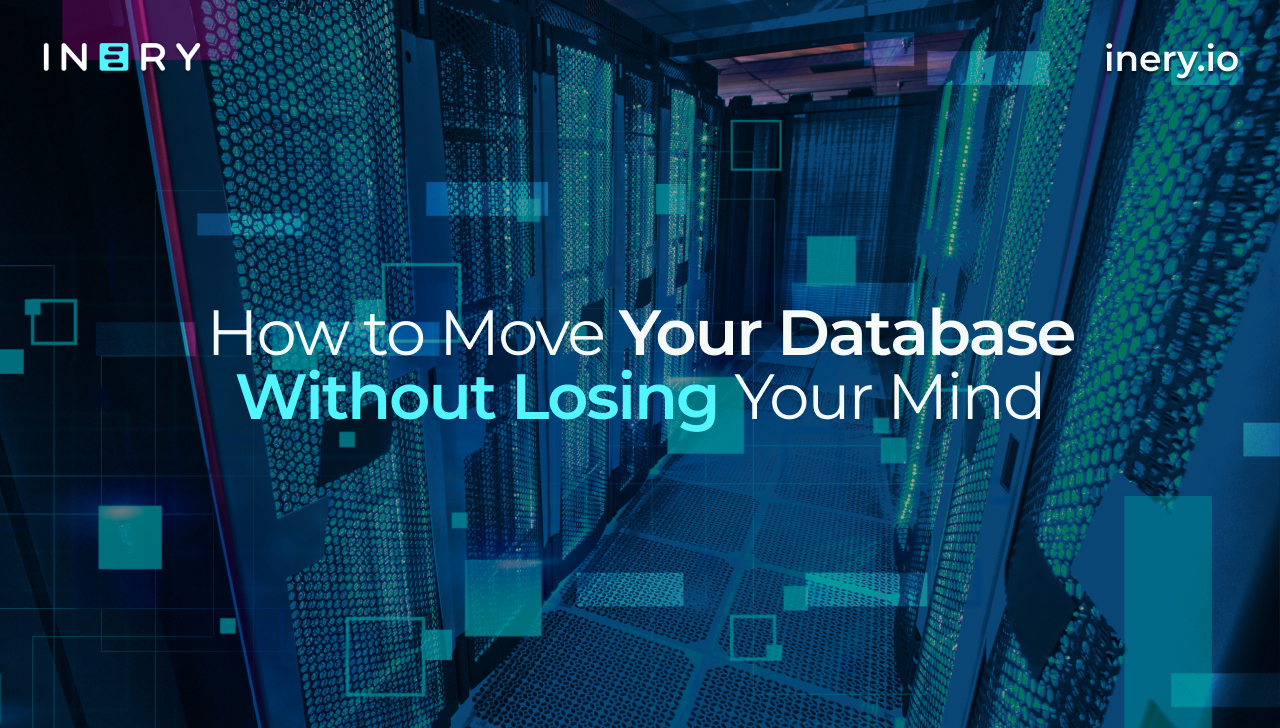Nowadays, transactions and interactions over the internet have become the new normal. Essentially, this makes the need for reliable identity systems paramount. However, traditional centralized identity systems are often plagued with issues such as vulnerability to attacks, identity theft, and lack of user control over personal data. Decentralized identity systems, leveraging blockchain technology, emerge as a promising solution to these challenges, offering enhanced security, privacy, and user empowerment.
The Problem with Centralized Identity Systems
Centralized identity systems store personal data in single locations, making them attractive targets for cyber-attacks. The Equifax breach of 2017 is a stark example, where the sensitive information of approximately 147 million people was exposed. Such breaches highlight the vulnerability of centralized systems and the massive repercussions on personal security.
Other notable breaches include the Yahoo breach disclosed in 2016, affecting 3 billion accounts, and the Marriott International breach reported in 2018, affecting up to 500 million guests. These incidents reveal how breaches can lead to massive financial losses, legal ramifications, and erosion of customer trust.
The Vulnerabilities
Centralized systems often result in significant privacy concerns. Users generally have minimal control over how their data is stored, used, or shared. The Cambridge Analytica scandal, where data from millions of Facebook users was harvested and used for political advertising without explicit consent, underscores the potential for misuse of personal information.
This scandal not only raised questions about the ethical dimensions of data use in digital platforms but also about the adequacy of existing data protection measures.
These systems must comply with various global data protection regulations, like GDPR in Europe and CCPA in California, which mandate stringent data handling and consumer privacy practices. Non-compliance can lead to hefty fines and legal challenges, as seen in the case of British Airways, which faced a record fine for a data breach affecting customer data transmitted through its website.
With data centralized, the entity that controls the data repository has significant power over its use, leading to a lack of transparency. This can be detrimental in scenarios where data is mishandled or when users wish to understand how their data is being processed and for what purposes.
These examples and the inherent risks associated with centralized identity systems vividly illustrate the need for a more secure, transparent, and user-controlled approach to managing identity data.
Decentralized identity systems, supported by blockchain technology, offer a promising alternative by distributing data across a network, enhancing security, and returning control to the individual.
What is Decentralization in Identity Systems?
Decentralization involves distributing the control and storage of data across multiple points in a network, rather than relying on a central authority. In decentralized identity systems, blockchain technology is used to create a secure and immutable ledger of identities, accessible only through cryptographic keys controlled by individuals themselves.
This approach not only enhances security by reducing the single points of failure but also empowers users to control their own identity data. They can decide who can access their data and for what purpose, without needing to trust a central authority.
Examples of Decentralized Identity Systems in Action
Various initiatives across industries illustrate the potential of decentralized identity systems:
In the healthcare sector, decentralized identities can secure and streamline the sharing of medical records across providers, ensuring data privacy and reducing the chances of medical identity theft.
In finance, blockchain-based KYC (Know Your Customer) solutions allow for secure and efficient identity verification processes, reducing fraud and enhancing compliance with regulatory requirements.
In the realm of online voting, decentralized identities can safeguard the integrity of elections, ensuring that votes are cast securely and are tamper-proof.
Inery: A Blockchain Solution for Decentralized Identity
Inery is a layer-1 blockchain solution that offers a decentralized database management system, ideal for implementing decentralized identity systems. It provides a secure, scalable, and tamper-resistant platform where data is not controlled by any single entity but is accessible across a distributed network.
Inery's technology ensures that identity data stored on its blockchain is immutable and protected from unauthorized access, while still being available for verification purposes when required. This is achieved through advanced security measures and storage optimizations that not only protect the data but also enhance the performance of the applications using this data.
A Decentralized Future
The decentralized nature of Inery's blockchain aligns perfectly with the requirements for a decentralized identity system, making it a reliable foundation for digital transactions that require verified and secure identities. By integrating blockchain functionalities and distributed database properties, Inery sets a new standard in how personal data is handled, accessed, and controlled, potentially revolutionizing how trust is built in the digital world.
In conclusion, as digital transactions continue to evolve, the importance of reliable identity verification systems becomes more critical. Decentralized identity systems, supported by blockchain technologies like Inery, offer a viable solution to the myriad issues plaguing traditional centralized identity systems. By empowering users and securing data, these systems pave the way for a more secure and trustful digital transaction environment.

Inery•
1 year ago
The IneryDB Glossary
For an easier time making heads or tails of IneryDB, skim through this handy glossary of key IneryDB terms. ...READ MORE
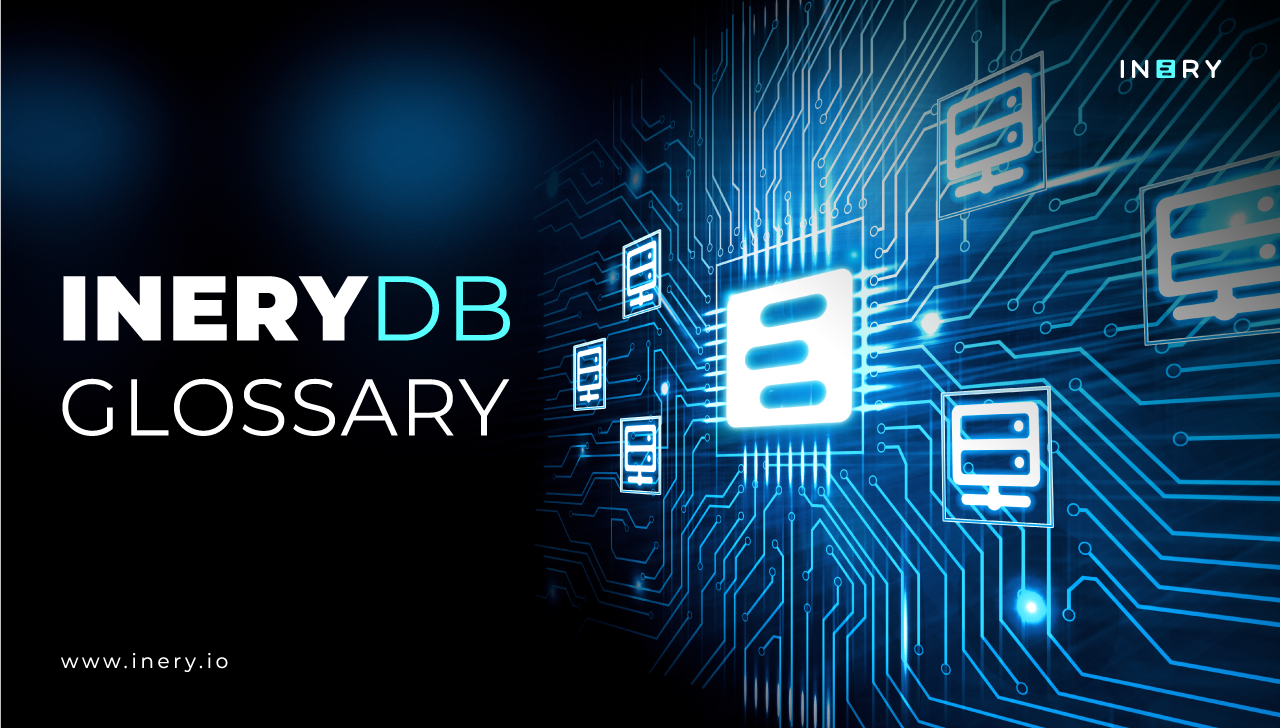
Share

Inery•
1 year ago
Data Security in 2024: Trends, Threats, and Solutions
Understand the importance of data security in 2024 and explore current threats, trends, and solutions. Learn how Inery’s advanced DLT technology offers a reliable approach to securing sensitive data. ...READ MORE
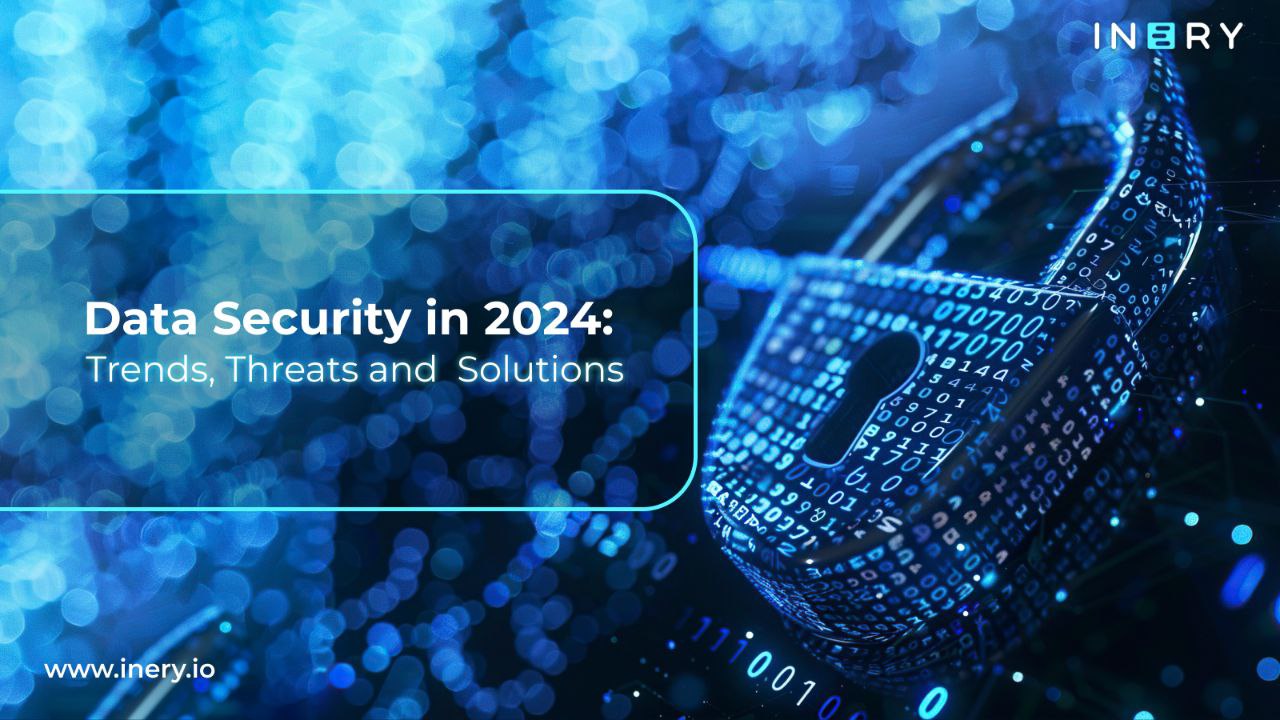
Share

Inery•
1 year ago
Can Blockchain Technology Combat Food Fraud?
Food fraud is a serious, complex global issue. Can blockchain and Inery's technology solve it? Click here to find out. ...READ MORE
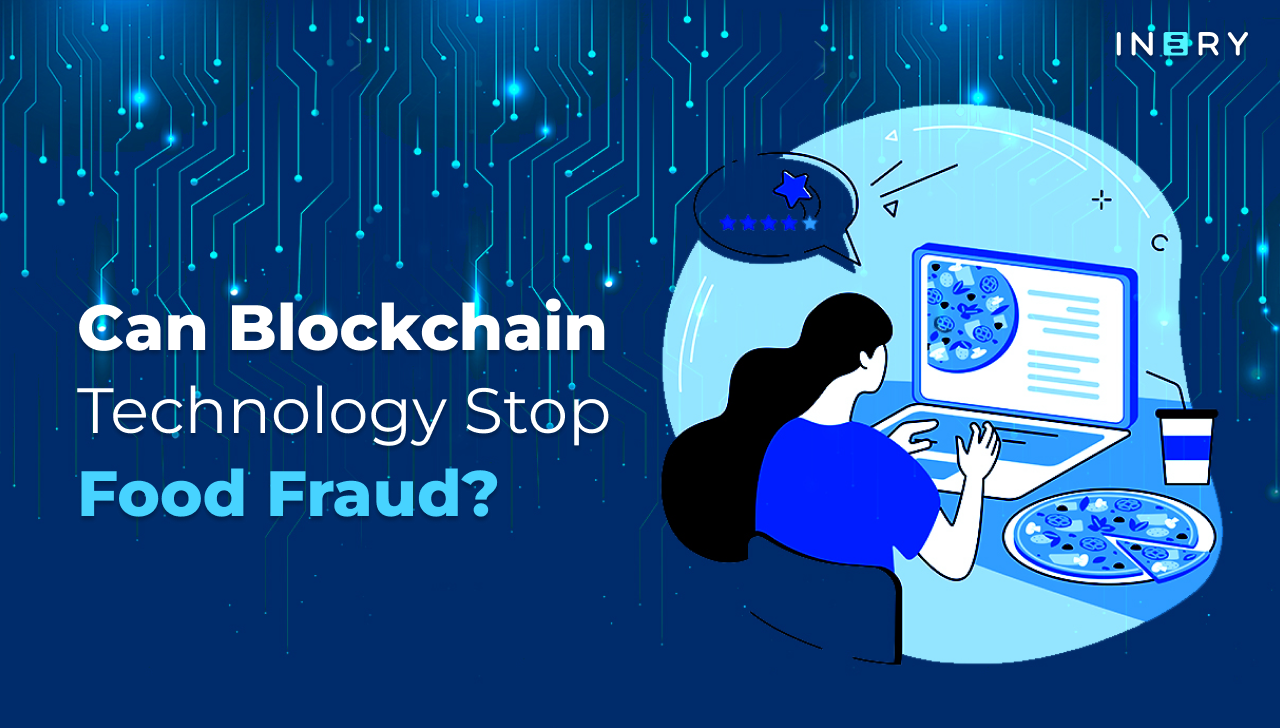
Share

Inery•
3 years ago
How to Become an Inery Validator?
Validators are an integral part of every blockchain. But, what exactly is a validator, and how do you become one for Inery? ...READ MORE

Share
Most popular today

